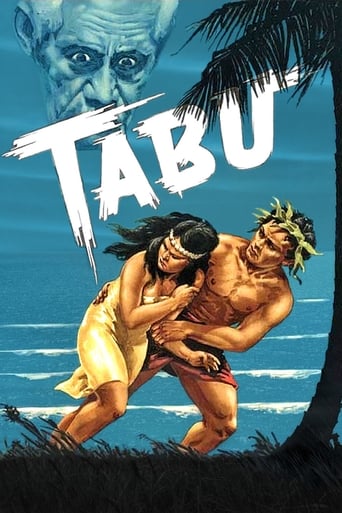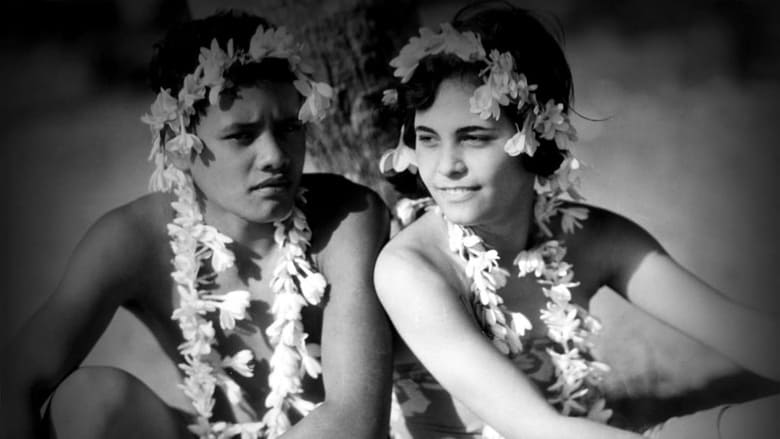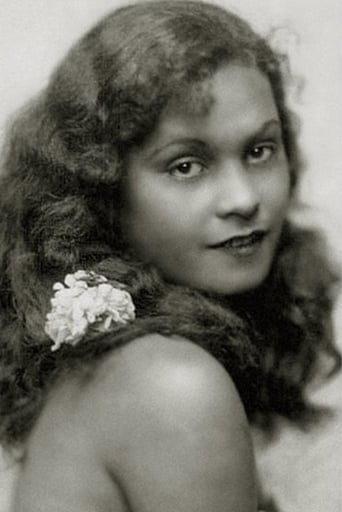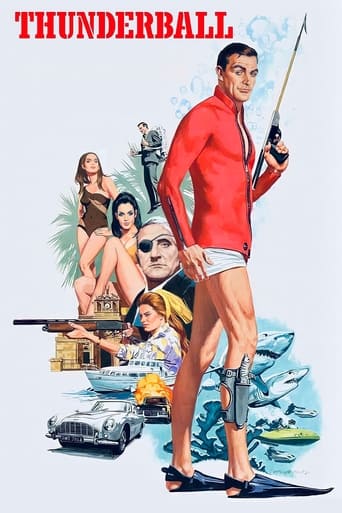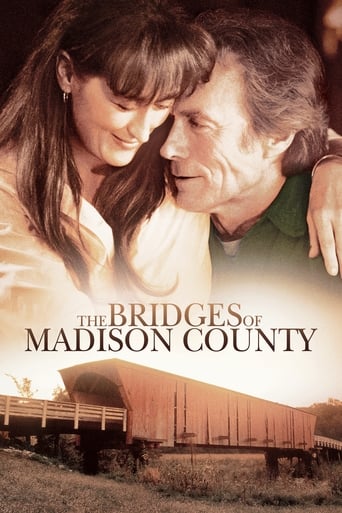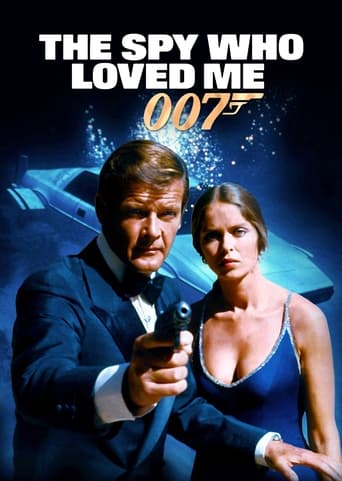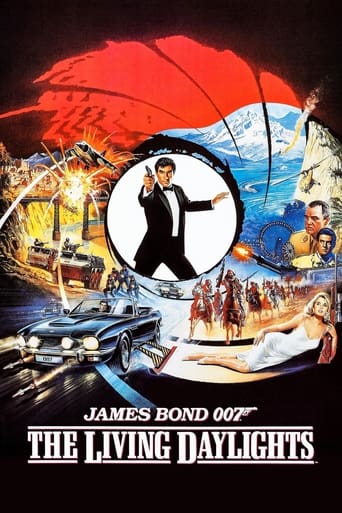Tabu: A Story of the South Seas (1931)
On the South Pacific island of Bora Bora, a young couple's love is threatened when the tribal chief declares the girl a sacred virgin.
Watch Trailer
Cast


Similar titles
Reviews
Wonderful character development!
Good concept, poorly executed.
Watch something else. There are very few redeeming qualities to this film.
One of the most extraordinary films you will see this year. Take that as you want.
This was one of the titles listed in the book 1001 Movies You Must See Before You Die, I knew nothing about it, but having this recommendation I was willing to give this silent film a go and hope for the best, from director F.W. Murnau (Nosferatu, a Symphony of Horrors, The Last Laugh, Sunrise), his last film before his death. Basically, set on an island of Bora Bora lagoon, the maiden sacred to their gods has died and has been replaced by The Girl (Anne Chevalier), and young fisherman The Boy (Matahi) is in love with her, and vice versa, despite the fact that she must stay untouched. She is tabu (taboo), and if this rule about touching is broken she and her lover will be killed, but they go against the law of The Old Warrior (Hitu) and escape to an island ruled white men, where their gods do not rule over them. Being an excellent The Boy has collected many valuable pearls from the bottom of the sea, but he does not understand the concept of money, but when The Old Warrior is chasing him and The Girl they buy a ticket to travel to a new place, using money earned from pearls collected as part of a debt from shark infested restricted waters. But The Girl goes against him and hands herself in to The Old Warrior, returning to their island to spare the life of The Boy, and trying to follow, swimming the ocean after the boat and trying to reach the island himself he dies from exhaustion. Also starring Bill Bambridge as The Policeman. I will confess that I found it a bit difficult to follow, apart from the basic forbidden love story, but all the culture disputes and activities or events going on I slipped in and out with, it certainly looks good though with the locations, so I suppose it is not a bad silent drama. It won the Oscar for Best Cinematography. Worth watching!
A tale of forbidden love, TABU is best-remembered today as legendary German director FW Murnau's last film - he was killed in a car accident only one week before its New York premiere. Murnau had been working in Hollywood since the mid-1920s, and had already directed several films in the United States, but of these, only the famous SUNRISE (1927) was a success. By 1930, Murnau had become tired of the Hollywood system and was thinking about returning to Germany, but a timely introduction to Robert F. Flaherty - at that time famous as the director of the classic documentary NANOOK OF THE NORTH - sparked an ill-fated collaboration that resulted in this gorgeous, hypnotic and unforgettable film.At first, Murnau and Flaherty intended to produce a "Nanook-style" documentary of Tahiti and its people, but several problems intervened: Flaherty and Murnau turned out to have radically different ideas about film-making in general and this project in particular; Flaherty's skills as a cinematographer were not up to the task and another DP had to be called in; and Flaherty's working relationship with the domineering Murnau fell apart when - instead of being co-director as the two had agreed - Flaherty found himself spending most of his time in the lab developing Muranu's film. Only one scene directed by Flaherty remains in TABU - the opening spearfishing sequence - and sad to say, the quality of this scene is no match for Murnau's exquisite footage. In addition, Flaherty decided that he hated the story - he found it too Westernized and fairy-tale-like. After a period of mutual discontent, Murnau bought out Flaherty, sent the entire Hollywood crew back to California, and took over the project completely - even training Tahitian natives in film-making techniques so he could employ the locals as his crew. With the exception of Anne Chevalier - a local French/Tahitian woman whom Murnau discovered performing in a bar in Bora Bora - the entire cast and crew save Murnau and his cinematographer was made up of nonprofessionals.The film which resulted from this choice is a unique hybrid of documentary and fiction, with a mythic, fantasmatic air about it that is very hard to define - there is no other movie like TABU. Certainly, the fact that we are watching actual Tahitian natives going about their daily business rather than professional actors lends the film a patina of authenticity and realism which makes it impossible to categorize TABU as some sort of Western-colonial-white people's fantasy of the South Seas - in fact, the film's depiction of tribal culture is quite complex and thought-provoking, as we will see...The plot of TABU is diagramatically simple - the idyllic lives of a Bora Bora fisherman (called Matahi) and his beloved, Reri (Anne Chevalier) are destroyed when tribal elders decree that Reri is so perfect a specimen of local womanhood that the gods have selected her for the honor of becoming their sacrificial victim. Reri immediately becomes TABU - forbidden - to Matahi as she must come before the gods untouched by man. Not surprisingly, Matahi disagrees with the gods' choice. He kidnaps Reri and the two flee to a neighboring island where they believe they will be safe. Unfortunately, this particular island has been taken over by Western civilization and thus the innocent Matahi and Reri have to navigate some very unfamiliar and peculiar customs - like debt and credit. Matahi begins working as a pearl diver, but he is unable to understand money (or handle liquor) and is threatened with violence when he cannot repay a debt. The couple flee once more, desperate for a safe haven, but they do not find one. Matahi and Reri's lives become more and more insecure and in due course of time, the tribal elders track them down anyway. Realizing that the only choice they have is to return to the world they know, Reri resigns herself to her fate, but will Matahi accept the inevitable? A mere plot-summary cannot fully express what TABU is like as a visual and intellectual experience. The film's treatment of native culture is extremely complex - unlike the "noble savage" cliché so popular among Western audiences and seen most recently in AVATAR, Murnau's Bora Bora seems like Eden on the surface, but is governed by a rigid code of conduct which squashes individuality and personality. Matahi and Reri's innocent love is doomed from the beginning, as they are caught between two worlds and unable to find a place in either. Ultimately, the beauty and simplicity of tribal life in Bora Bora - so seductive to the eye and ear in the first part of the film - is shown to be a soul-destroying deathtrap governed by superstition and groupthink. Of course, Murnau depicts the Western system as being no better - European civilization is shown as not much more than drunken, greedy, exploitative artifice out to rape the entire world for a fast buck. TABU is in many ways a terrifying film, where pure love is doomed in the face of money and authority, and even the gorgeous purity of the Tahitian Islands seems tainted by human greed and foolishness. This masterpiece will haunt you for a long time after you have seen it, partly because of the riveting story, and partly because of the exquisite cinematography by Floyd Crosby, who deservedly won an Academy Award for his efforts. Do not miss this legendary masterwork of cinema!
"Tabu" is a visually arresting black-and-white silent...and that's a good thing because there's not much else going on here to occupy your mind. Heavy-handed "plot" about a doomed beauty on primitive Bora Bora who flees her island home and family with her lover, unable to escape her unlucky fate, is cast with real islanders so you cannot fault the authenticity; however, there's nobody in the film who leaves an impression. The movie began life as a documentary, but director F.W. Murnau pushed for a fictional storyline to propel the visuals, and this may have been a mistake. As it unfolds, one can see shot after shot of beautiful images that would look wonderful in a coffee-table book for the tiki lounge set, but the dated dramatics muddy things up. Floyd Crosby won a well-deserved Oscar for his cinematography. **1/2 from ****
The film-makers say at the outset that the cast consists entirely of South Sea Islanders, some Chinese, and "half-breeds." The story is a tragedy set in the "untouched" paradise of Rora-Rora. Matahi, a handsome youth gifted at spearfishing, pearl diving, and everything else, is in love with Reri (Ann Chevalier), but then she's chosen to be the next maiden whose task and honour it is to attend the gods. Sge is tabu; anybody who touches her or looks on her with desire must die. After the ceremony on the eve of her departure Matahi steals her away and they escape to another island, one more developed by colonial trade, represented by a French policeman and Chinese shopkeepers. Matahi, though the best pearl diver ever seen, runs up a prodigious debt innocently treating the villagers to champagne at a festival. Thus, when they need to escape from the grim pursuit carried on by the menacing Hitu, they cannot purchase a ticket on the schooner leaving just before the deadline of three days. Reri writes a note telling Matahi she's going with Hitu to save his life; at the same time he dives on a tabu reef, battles the shark that protects the place, and finds a rare dark pearlbut Reri's gone. He races after them, first paddling and then swimming, and he reaches Hitus' sailboat and grasps a rope, which Hitu, expressionless, cuts. Matahi falls behind the boat, and losing strength, flails and sinks. The tabu has been too powerful. This is a silent movie, though (later?) fitted with an orchestral soundtrack. The photography is superb, the islanders very handsome, but there's a kind of colonialist primitivism running through the story. The islanders are happy until "superstition" interferes, and though there are natural causes for the disasters blamed on the tabu, the disasters happen anyway. Or is it because of the cruelty of the superstitious religion's structure and enforcer? Or because of the exploitation of the pearl traders, shopkeepers, and police? There is no doubt that the European film-makers created artificial roles for the actors, according to their own preconceived ideas about the innocence of primitive life, even as they advertise their authenticity. But it's well worth watching anyway.

